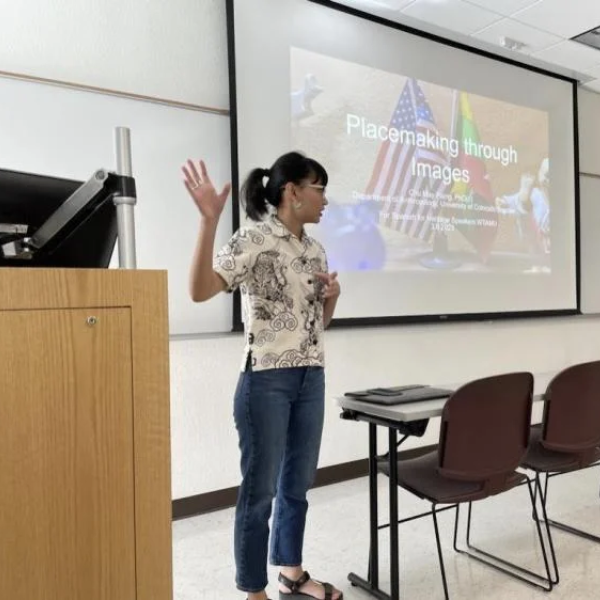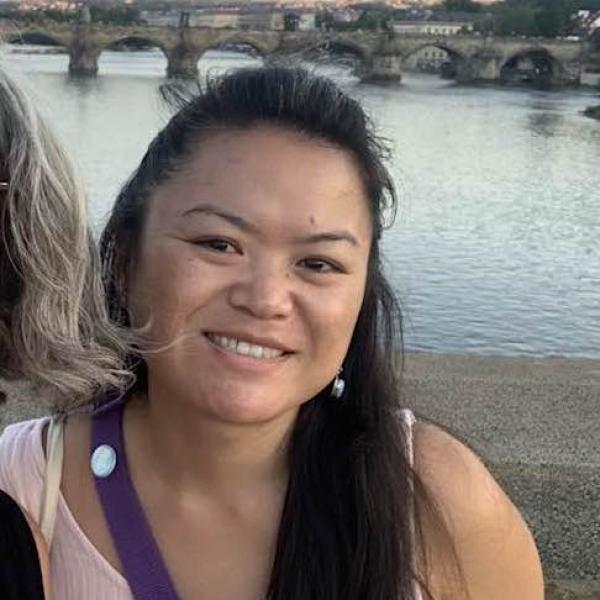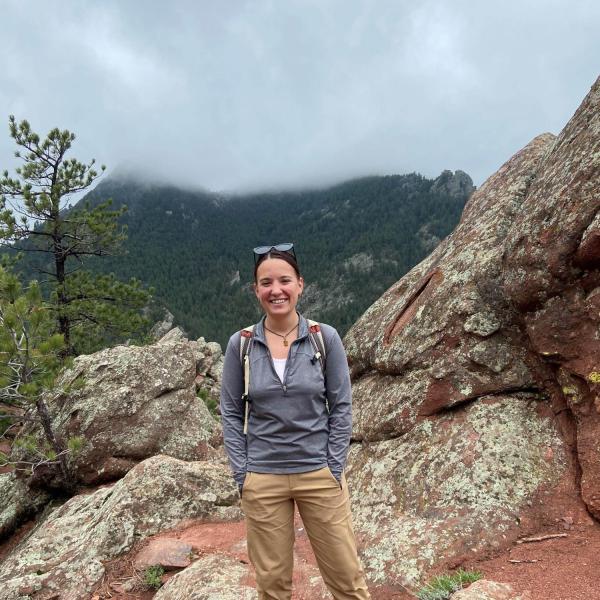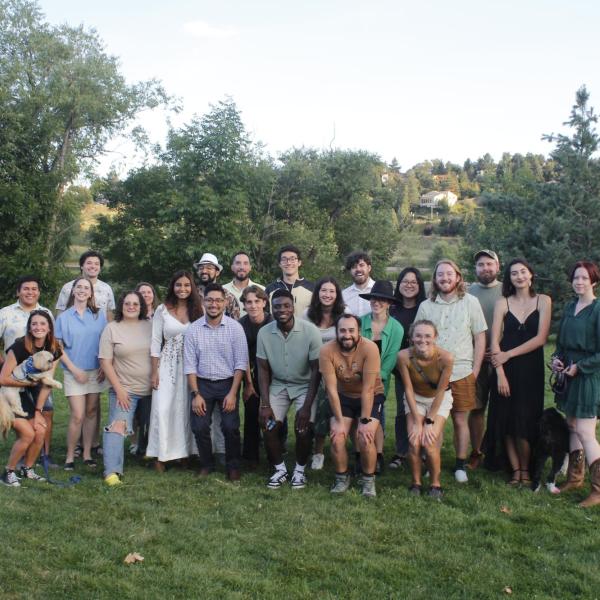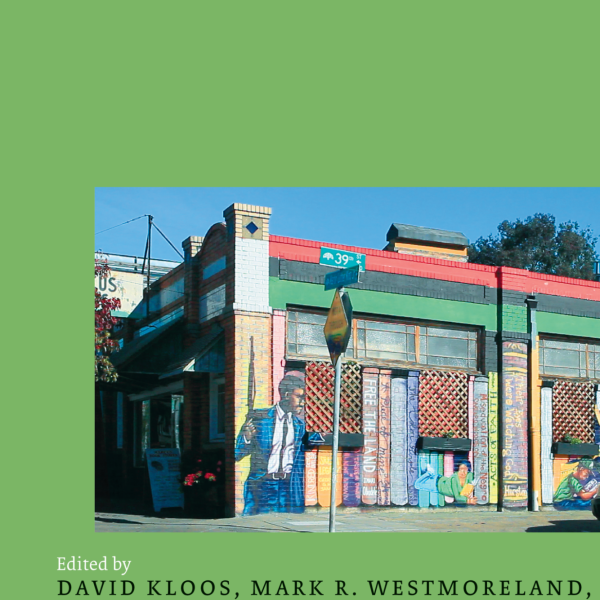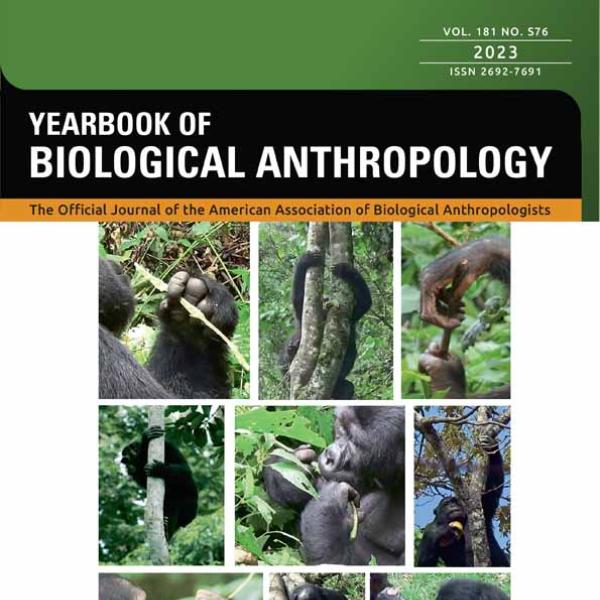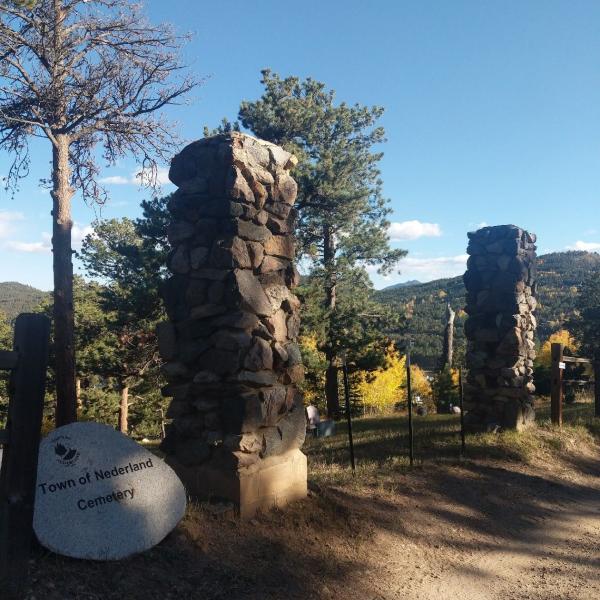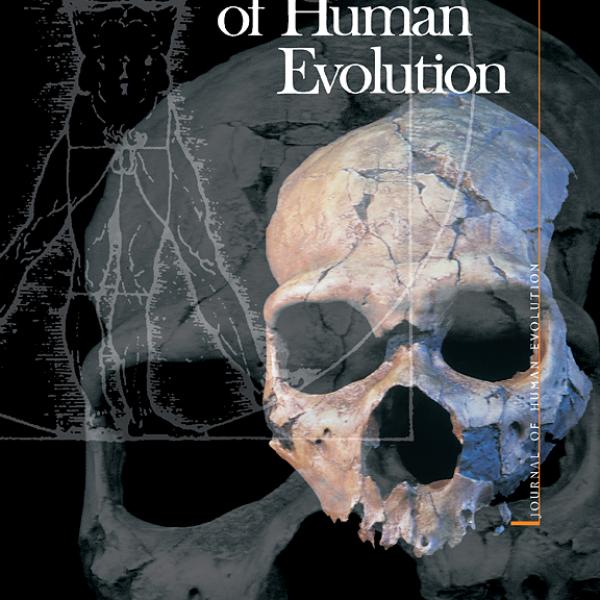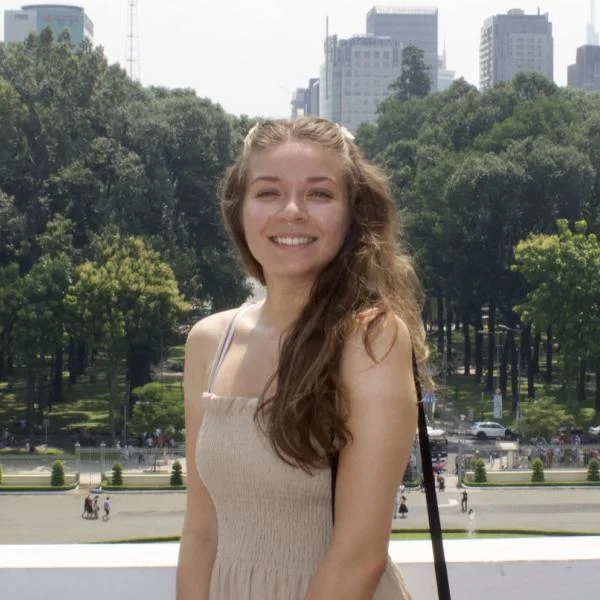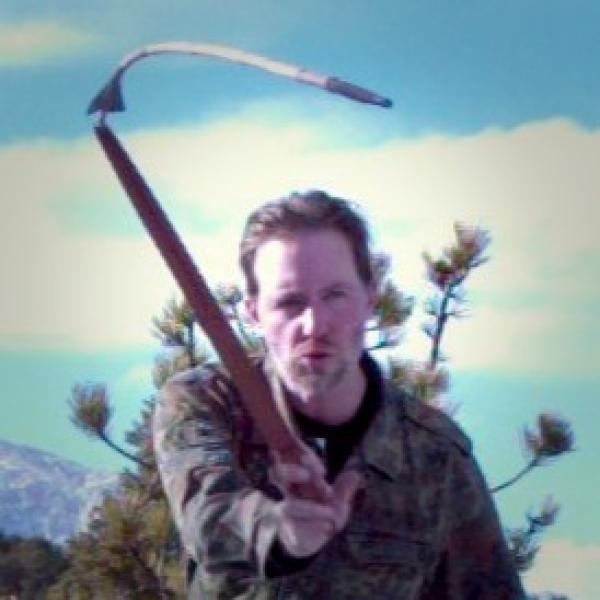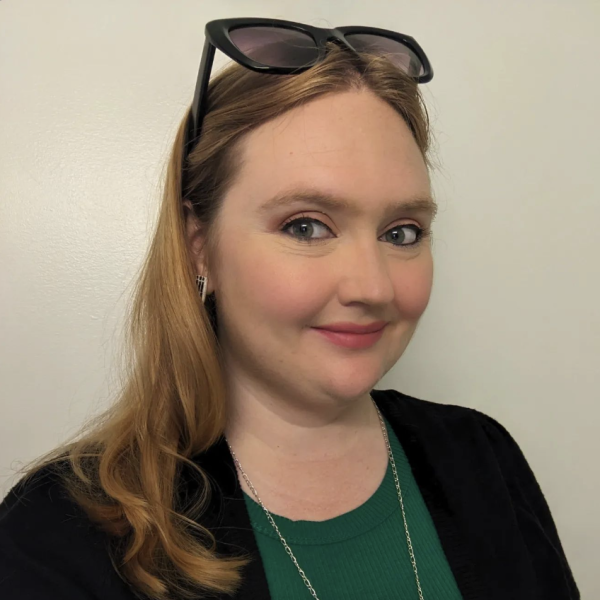Hale Herald - Hale Herald Fall Equinox 2023
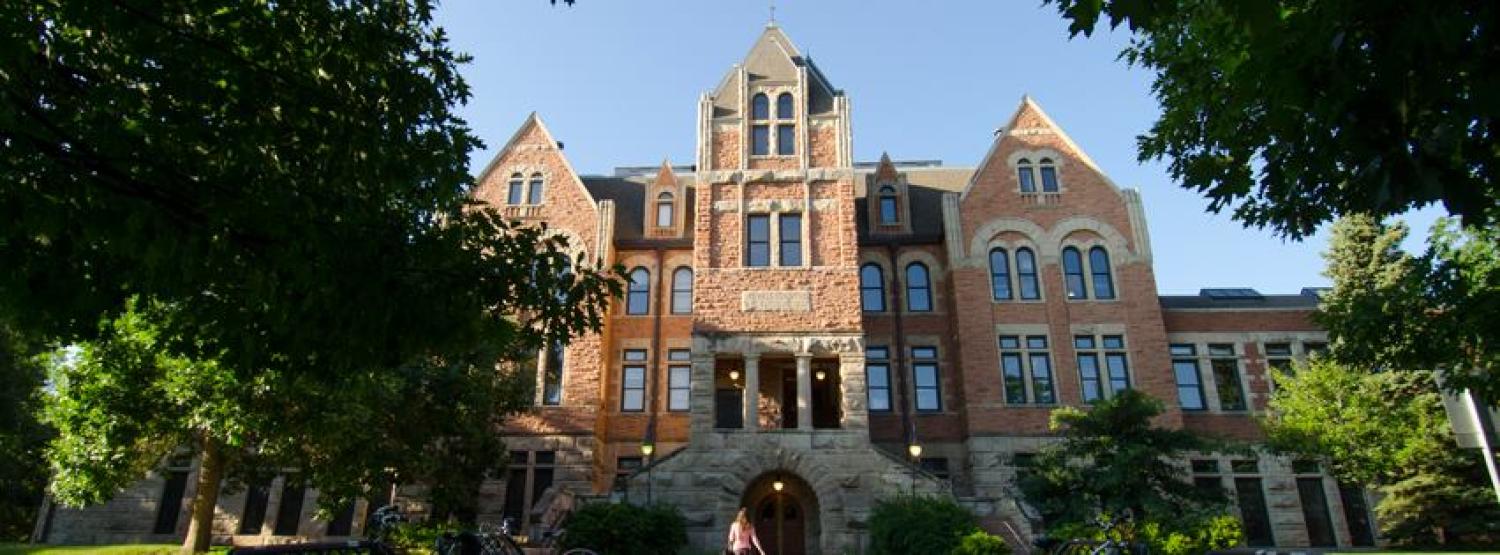
Chair's Letter
Welcome to Fall! The aspens have already started turning up in the mountains and the days are getting cooler. Our big news is that we have four new colleagues who have joined the Department of Anthropology along with a farewell to a dear colleague:
New to the Department are:
- Dr. Sharon DeWitte, joining us as Professor of Biological Anthropology with a joint appointment in IBS;
- Dr. Sarah Jackson, Professor of Archaeology and also new Divisional Dean of Social Sciences;
- Dr. Eric Jones, Associate Professor of Archaeology; and,
- Dr. Nancy Stevens, Professor of Biological Anthropology and also new Director of the Museum of Natural History.
We are delighted to have each of these distinguished scholars and teachers as members of our Department. Welcome all!
And, moving on to new and exciting adventures as Director of the Museum of Anthropology at Washington State University is archaeology professor Samantha Fladd. Best of luck at WSU, Sam – you are missed in Hale!
For those in the Boulder area, we have a special treat this week: a homecoming for former cultural anthropology professor Kaifa Roland now Associate Professor of Interdisciplinary Studies and Director of Global Black Studies at Clemson University. On Friday, September 29 Dr. Roland will speak on “Ethnography in the Interim: The Making of Minding Her Business: AfroCubana Tourism Entrepreneurs.” The talk will be at 4 pm in Hale 270 with a reception immediately after (which is free and open to the public). All are welcome!
Please read on to learn about the innovative work CU anthropologists are doing on campus and around the world.
Welcome back,
Carole McGranahan, Chair
Graduate Student News
Chu May Paing's Interview, Talk, and Associate Fellowship
Dawa Lokyitsang Interviewed by Yeshe Journal
Kelsey Hoppes Receives A Ron Cruise Memorial Scholarship
Welcome Back Graduate Students
Faculty News
Carla Jones Publishes Chapter in Provocative Images in Contemporary Islam
Sharon DeWitte's Co-Authored Article Published in the American Journal of Biological Anthropologists
Lauren Hosek Receives History Colorado Grant
Carole McGranahan's Co-Edited Essay Collection Published in Anthropology and Humanism
Newly Identified Primate Named After Bert Covert
Department Spotlights
Faculty Fall 2023
Gerardo Gutiérrez (Associate Professor, Archaeology)
I am Professor Gerardo Gutiérrez, an archaeologist, and I work on the scientific analysis of ancient materials used to produce color in early societies to enrich our historical, social, and ideological interpretations of Mesoamerican cultures. In the past six years, I have developed a portable laboratory to characterize ancient materials, especially pigments and dyes using atomic and molecular spectrometry. An archaeology of color and colorants offers a unique window into the development of indigenous science, ideology, and learning processes to innovate knowledge and helps to explain and understand local and regional practices and cultural meanings at sites and regional areas.
Graduate Student Fall 2023
Yuit Gao (Ph.D. Biological Anthropology in Progress)
Yuti studies primate oral microbiome with museum specimen, using ancient DNA laboratory methods and bioinformatics analysis.
Alumni Fall 2023
Craig Lee (Ph.D. Anthropology 2007)
Craig is an Assistant Professor of Anthropology at Montana State University in his hometown of Bozeman, a Research Affiliate at the Institute of Arctic and Alpine Research (INSTAAR), and a former Principal Investigator at Metcalf Archaeological Consultants, Inc. A major portion of his research has focused on the archaeo-ecology of alpine snow and ice with an emphasis on involving Indigenous communities and professionals from other disciplines in these unique spaces. University students regularly participate in fieldwork and analysis. Last year he designed and taught a seminar on the archaeology of the cryosphere (frozen world).
Learn about ice patch archaeology at https://vimeo.com/252583882
Alumni News
Alumna, Lisa Rhodes Receives Fulbright Award
Devin Pettigrew
Katie McGuire
Upcoming Events
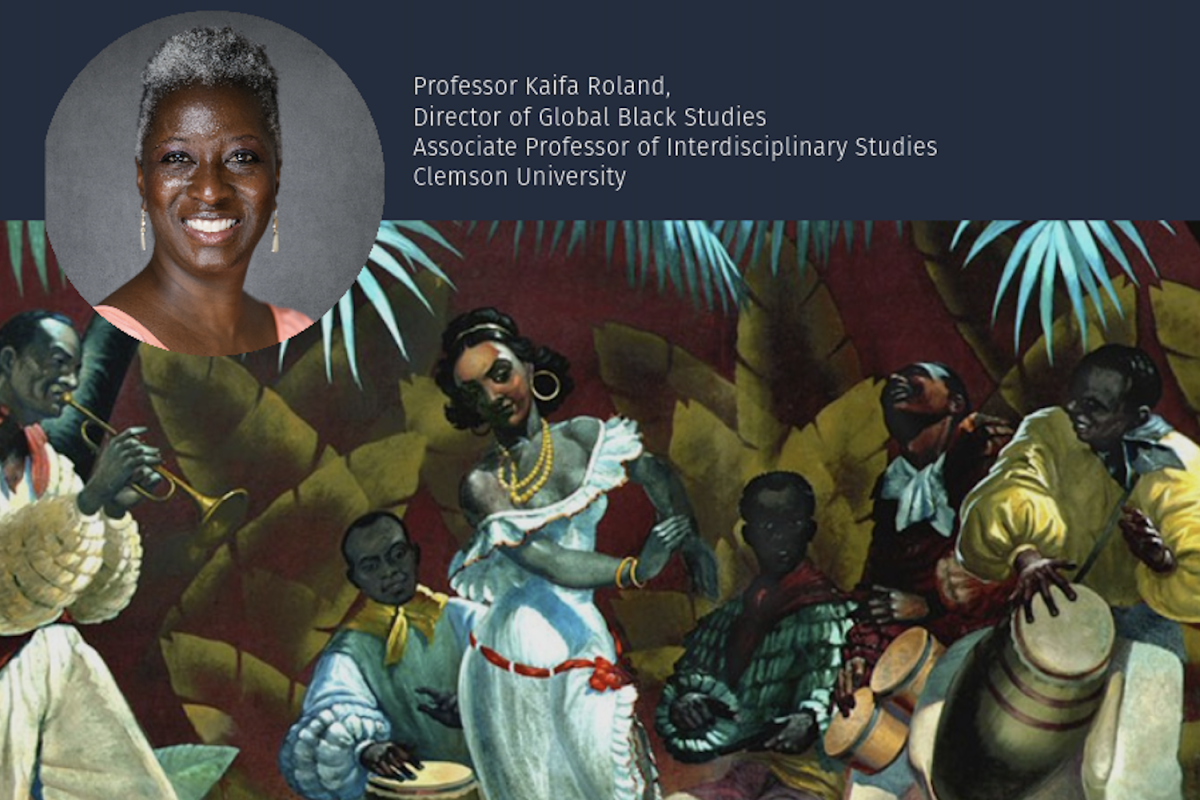
Ethnography in the Interim: The Making of Minding Her Business: AfroCubana Tourism Entrepreneurs
Date: September 29, 2023
Where: Hale Science 270
Professor Kaifa Roland
Director of Global Black Studies
Associate Professor of Interdisciplinary Studies
Clemson University
In 2015, Dr. Kaifa Roland began a research project on black women entrepreneurs in Cuba's home-based tourism industry. In 2023, she signed a contract with Rutgers University Press for Minding Her Business. In the interim, a lot changed in Cuba, in the world, and in her life. The talk will attend to findings from the research at the same time that it attends to professional and methodological concerns for scholars at various stages of their careers.
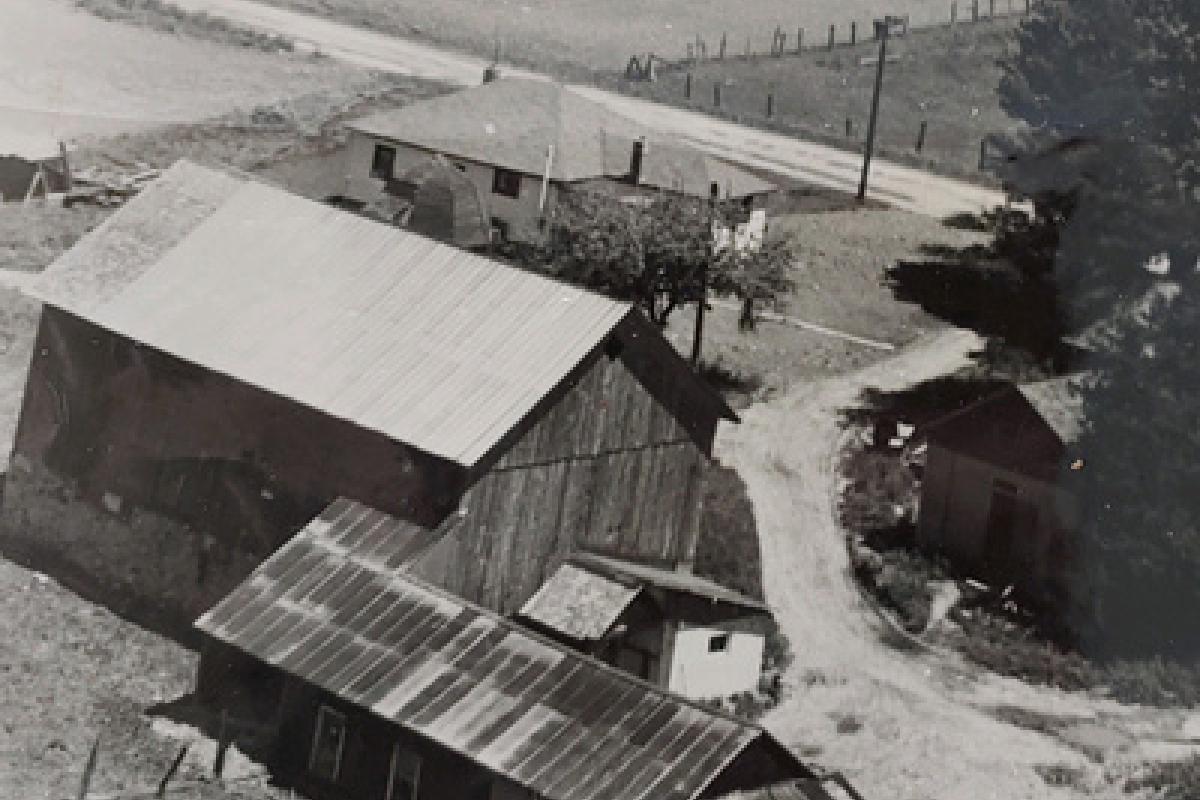
The Settlement Ecology of Emerging Commercial Dairy Farming in 19th-century Upstate New York
Date: Wednesday October 4, 2023
Time: 7 pm
Place: Eaton Humanities Room 250
Eric Jones (CU Boulder, Anthropology)
The development of commercial farming in the mid-19th century was a critical component of industrialization in the United States. This research examines when, how, and why farmers in the Town of Fenner, New York began this transition and helped to create one of the most productive dairy industries in the country. The result was a focus on diversified farming and community economic well-being over individual financial independence.
Sponsored by: Archaeological Institute of America Boulder Society
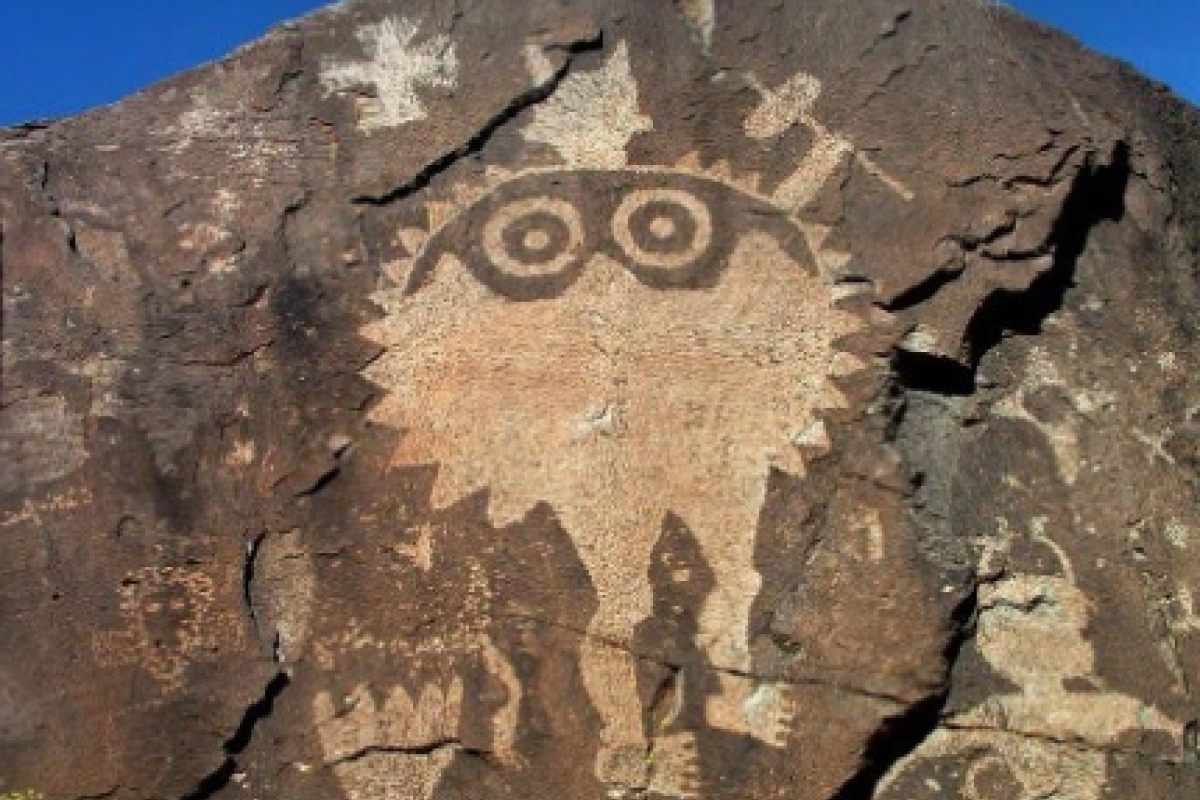
Landscapes of Predation: Exploring Hostile Social Environments in Small-Scale Societies
Date: Wednesday, December 6, 2023
Time: 7 pm
Place: Eaton Humanities Room 250
Catherine Cameron (CU Boulder, Anthropology)
Ancient social environments are difficult to reconstruct, and archaeologists have a much poorer grasp of how the social environment affects where and how people live. One sort of social behavior that is often visible archaeologically is violence: raiding and warfare. Using ethnohistoric cases, I identify “landscapes of predation” created by intense social violence. I will describe the archaeological signatures that violence produces and illustrate the utility of this concept with examples from the American Southwest and Southeast.
Sponsored by: Archaeological Institute of America Boulder Society


